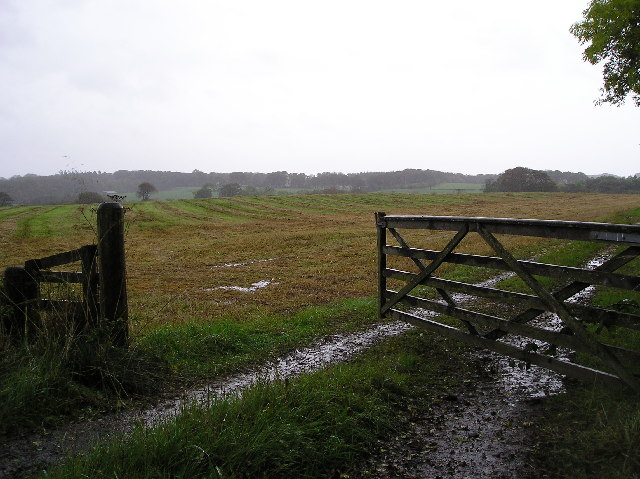Those of us destined for the fields of accountancy and finance experience a peculiar rush when the numbers make the real world make more sense. It's similar to the rush a future programmer gets when his first "Hello World!" program runs (I've been there), or a future used car salesman gets when he first learns how to swindle. I first got this rush in accounting when I learned how to amortize a loan. Before I go any further, I would like to express my feeling that loans can be very useful, and can even do a great deal of good in the world.
Having said that, let me express why seeing the loan broken down into payments was such a break-through for me. I knew very little about the workings of loans and money at the time. I knew that when you have a loan, you pay interest, but I didn't really know how that worked. I have created a Google Spreadsheet (click here) that breaks down a 30 yr. fixed rate loan into monthly payments and yearly payments. What struck me was how much interest and how little principal is paid at the beginning of the loan. In the spreadsheet above, the total interest paid if the payments are monthly and the interest rate is 4.99% (rather low) is over $372,000 for a $400,000 loan.
Loans are often useful and sometimes necessary (college, home mortgage, business, etc.), so understanding how they work is essential. If you experiment with the Google Spreadsheet, you will see that there are three main things that affect how much you will end up paying on your loan: interest rate, length, and amount. There is a direct relationship between each of these and the total amount of interest you will pay, all else equal. As each of these increases, so does the total interest of the loan. I think that is pretty intuitive, so what I would like to focus on is the way lenders try to trick potential borrowers into paying more interest.
"No Down Payment!"
Driving away from a car dealership in a new car without having paid a dime makes some people feel like they've really tricked the salesman. But, the larger the loan, the more interest you will end up paying, so who has really been tricked? As a general rule, the larger the down payment, the better, whether for a house, a car, or a stereo (but, if you have to get a loan for a stereo, you don't need it and you can't afford it).
"Low Introductory Rate!"
Nothing gold can stay. Excessively low interest rates on loans are gold, and they don't stay for long. They are great while they last, but be wary of the terms of your loan, and don't think you'll be paying 0.9% the whole time.
"Only $199 a month!"
Car dealerships especially like to focus on the monthly payment rather than the total price of a car. Paying $199/month for a year is a great deal (for most cars), but paying $199/month for the rest of your life isn't such a good deal. The longer a loan is stretched out over time the lower the monthly payment will be, so a car dealership could potentially sell you any car you want (even a Ferrari) for $199/month if the life of the loan is long enough. But remember, the longer the loan is, the more total interest you will end up paying.
Again, loans can be very useful, but they can also be very tricky. Some other things to be wary of if you're looking for a loan are fees, variable rate loans, points, and early payment penalties. If you don't understand it, you probably don't want it.
Photo Credit: DennisSylvesterHurd on flickr.com




